Sudáfrica / prensa-latina.cu / 12 de Octubre de 2016
Lo cierto es que existe la percepción de que, si las partes implicadas no alcanzan un punto de encuentro, el año académico 2016 podría irse por la borda.
La víspera al menos seis universidades debían retomar las actividades lectivas; sin embargo, la tensión persiste en particular en la Wits, de Johannesburgo.
Esa casa de estudios ha sido el epicentro de las protestas desde que el pasado 19 de septiembre el ministro de Educación Superior, Blade Nzimande, anunció la decisión del gobierno sobre las cuotas de ingreso en 2017.
El ministro Nzimande advirtió que el aumento de las tasas no excedería el ocho por ciento y que cada institución determinaría de forma individual cuánto sería el monto dentro de ese rango.
De la medida quedarían exentos los jóvenes que reciben ayuda financiera y de familias menos favorecidas.
Sin embargo, los estudiantes expresaron su desacuerdo y dijeron que el gobierno no ha dado -desde la campaña #FeesMustFall del año anterior- pasos concretos para cumplir el objetivo de la educación gratuita.
En un comunicado difundido el sábado, la Universidad de Wits declaró la continuidad del programa de clases el lunes; sin embargo, las manifestaciones violentas continúan, de acuerdo con las imágenes difundidas por la televisión local.
Informes de prensa dan cuenta igualmente de detenciones y la aparición de 11 estudiantes del campus Pietermaritzburg, de la Universidad de KwaZulu-Natal (UKZN) ante la corte por cargos relacionados con violencia pública y asalto, entre otros.
Es lamentable que una legítima demanda estudiantil se ensombrezca con la violencia y la destrucción, algo que condenan aquí todos los sectores.
El gobierno defendió el derecho de los estudiantes a protestar, pero rechazó enérgicamente los daños a la propiedad.
Por su parte, el Comité Ejecutivo del Congreso Nacional Africano (ANC) deliberó extensamente hace poco sobre esta situación y reiteró su preocupación por las afectaciones a instalaciones, la intimidación y la violencia.
El secretario general del ANC, Gwede Mantashe, recordó que en dos Conferencias de la organización se debatió ‘nuestra voluntad de articular la educación superior gratuita’, en particular para los estudiantes de las familias de clase pobre y trabajadora.
‘Hemos estado trabajando duro para garantizar la realización progresiva de este objetivo’, insistió Mantashe.
Acotó que el reciente anuncio del ministro de Educación Superior, Blade Nzimande, fue ‘un paso significativo’ en el empeño por lograr ese propósito.
Al propio tiempo algunos economistas plantean que habrá consecuencias de largo alcance para el país.
El jefe de investigación de Nedbank, Mohammed Nala opinó en entrevista con el canal SABC que ‘una serie de áreas de la economía se verán afectadas’.
No se trata solo de los círculos académicos, sino en áreas de la prestación de servicios como la salud, donde hay estudiantes de medicina que tienen que cumplir un ciclo de pasantías en nuestros hospitales (lo que se interrumpiría), subrayó.
Mientras, hay reportes de enfrentamientos entre varios estudiantes y policías en diferentes campus del país.
Y lo que sí no debe descartarse es que detrás de este escenario de protestas existan hilos que conduzcan a una agenda política más amplia.
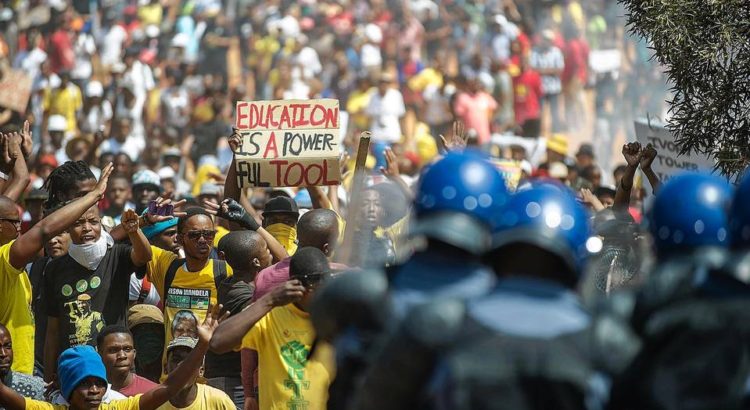
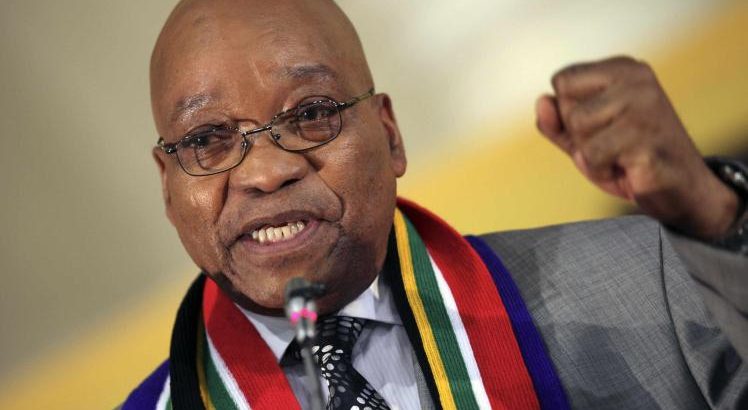

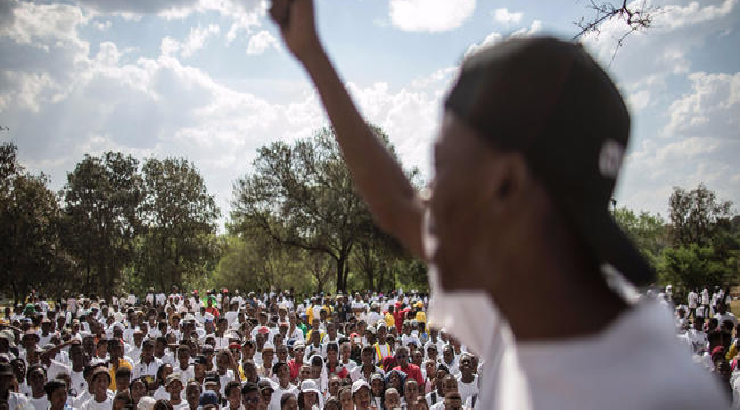
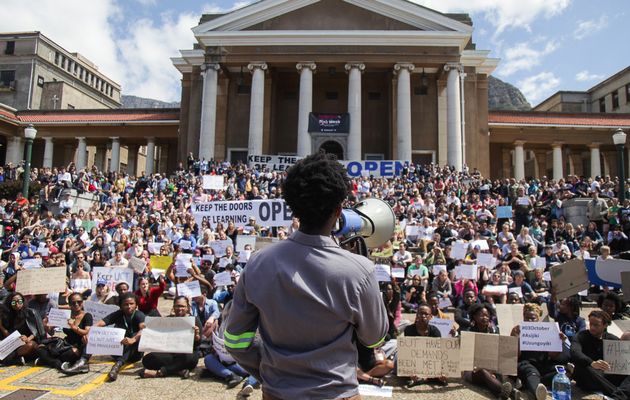

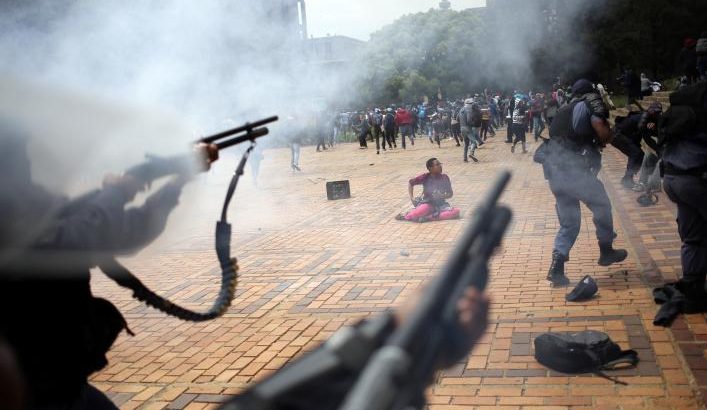






 Users Today : 16
Users Today : 16 Total Users : 35460557
Total Users : 35460557 Views Today : 26
Views Today : 26 Total views : 3419508
Total views : 3419508